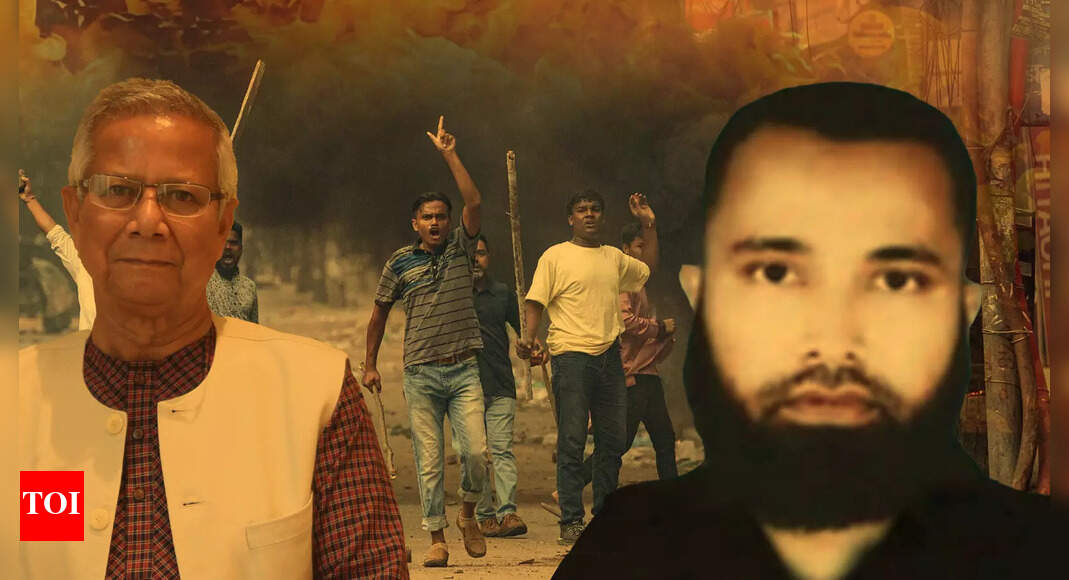
The political landscape in Bangladesh is abuzz with the return of Major Syed Ziaul Haque, better known as Major Zia. Accused of the 2015 murder of American blogger Avijit Roy, Major Zia has been on the run and wanted by the United States. Recent reports suggest that following Sheikh Hasina’s ousting and a reported pardon from the interim government led by Yunus, Major Zia has re-entered Dhaka.
Major Zia Makes Waves on Social Media
Since his return, Major Zia has been active on various social media platforms where he has been making provocative anti-India statements. His rhetoric has triggered widespread debate, adding to the tense political climate in Bangladesh.
Bangladesh’s Changing Politics
The recent political developments in Bangladesh are being closely watched globally. The transitional government, reportedly led by Yunus, has drawn international attention for its controversial decisions, including the alleged pardon for Major Zia. This move has sparked concern among diplomatic circles and human rights organizations due to Major Zia’s alleged role in Avijit Roy’s murder—a case that garnered worldwide attention.
The Global Debate on Justice
Roy was an outspoken advocate for secularism and free speech, and his brutal killing outside a book fair in Dhaka became a symbol of the global fight for free expression. Many now question the implications of Major Zia’s pardon on international justice and the safety of activists worldwide.
Protect Your Digital Presence
In an age of online discussions and digital activism, maintaining a secure digital presence is more important than ever. For individuals concerned about online privacy, products like the NordVPN can help protect your data and ensure secure browsing.
This controversial case is emblematic of larger challenges facing democratic values and justice in a changing world. What lies ahead for Bangladesh remains to be seen, but international attention is firmly fixed on this critical juncture.





